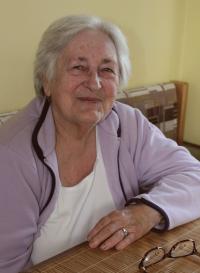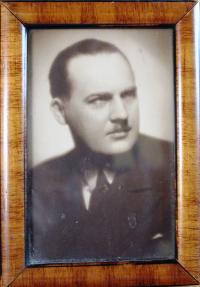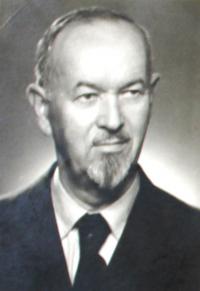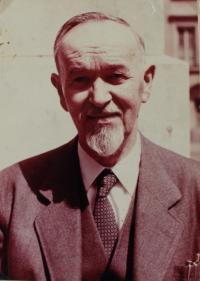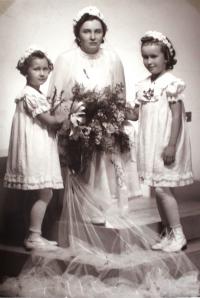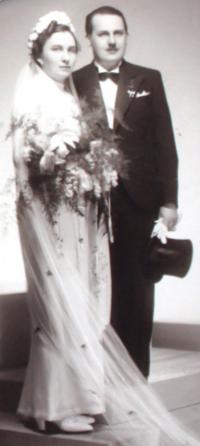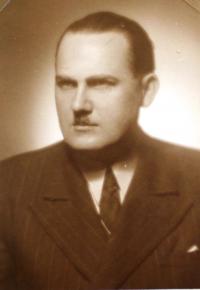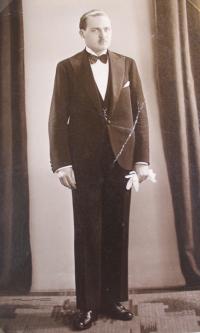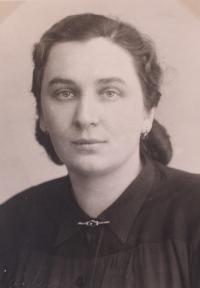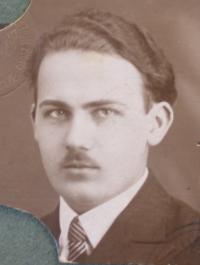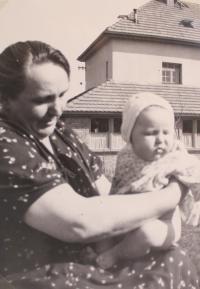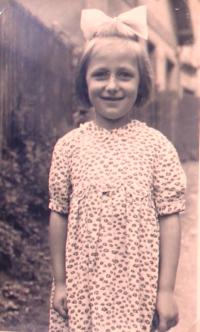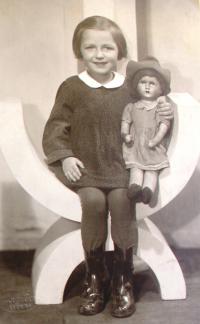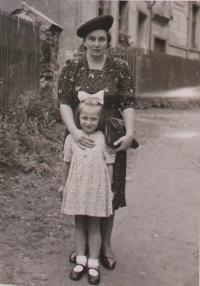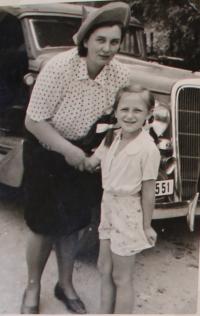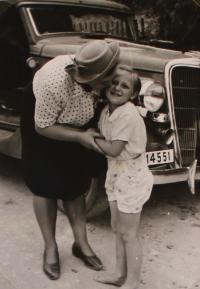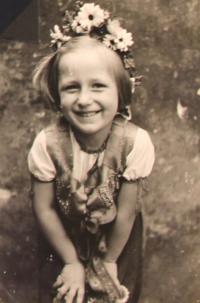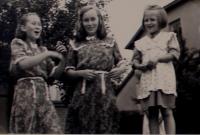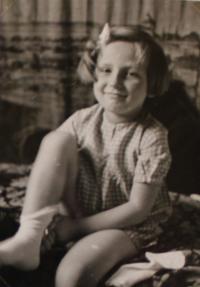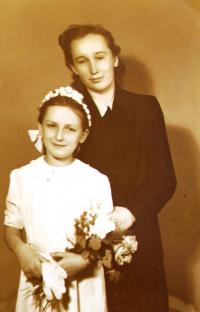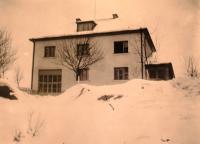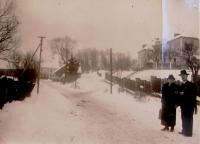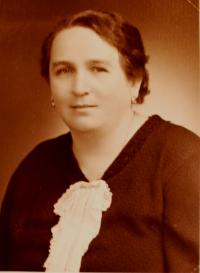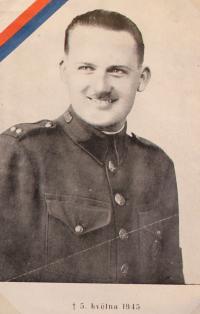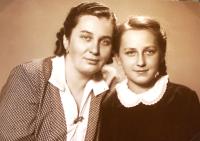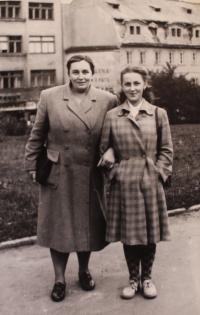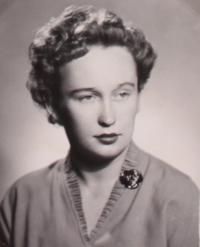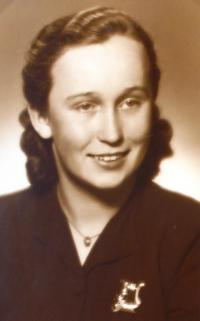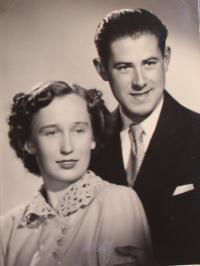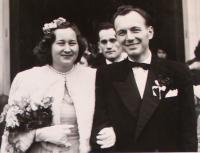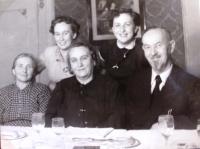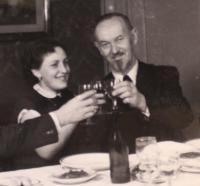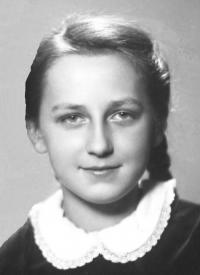I have faith in god and justice
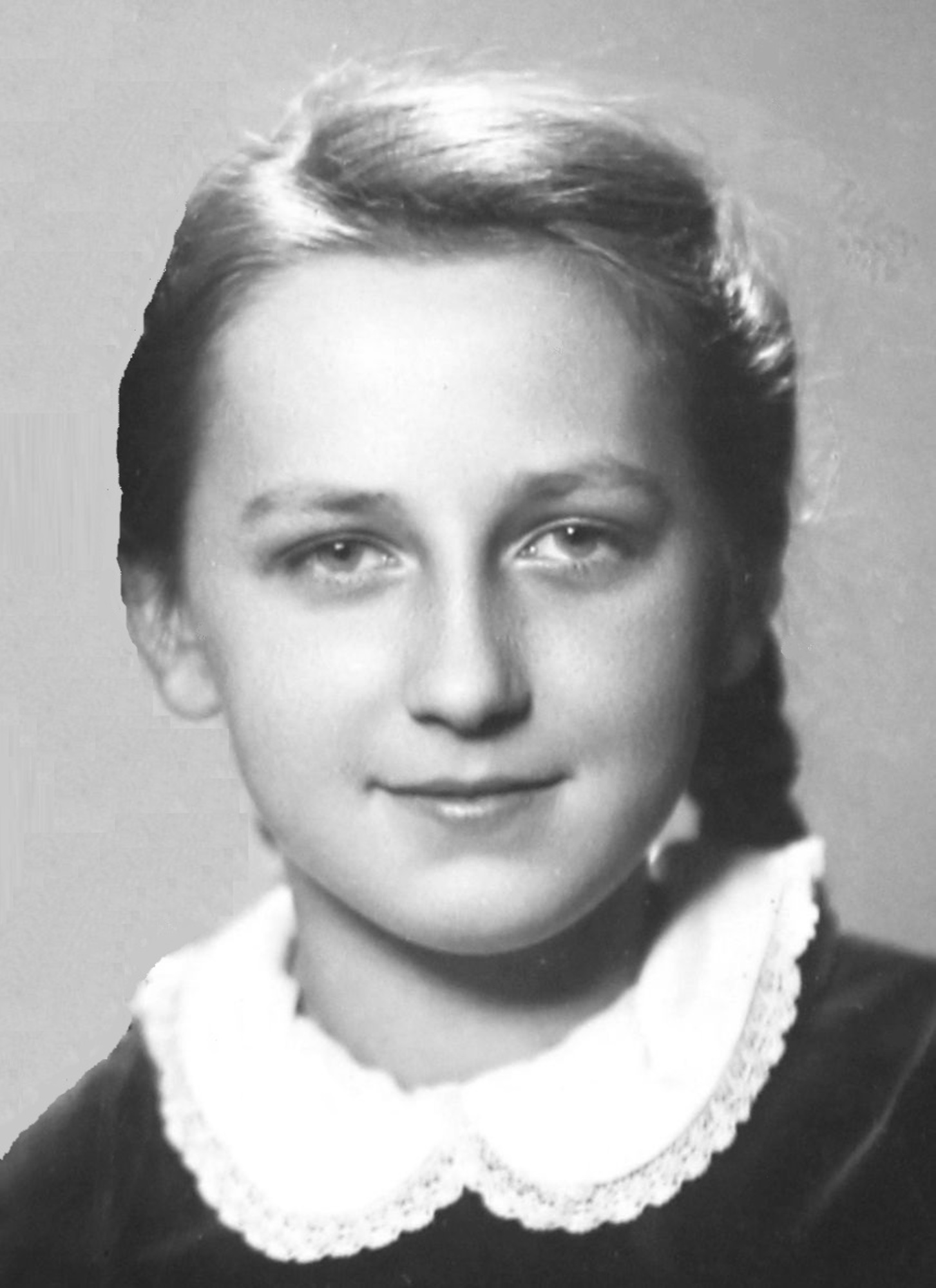
Download image
Libuše Jehličková, née Všetečková, was born on 2 May, 1940 in Prague. On 5 May, 1945 her father, Emanuel Všetečka, died during the fights at Prague Uprising nearby the Czech Radio. After graduating from the elementary school in Vršovice and studied the school of economic in Žižkov in Prague - Vinohrady. In 1958 she graduated, but the communists did not allow her to start working in Centrotex. The reason was her uncle, Přemysl Zoubek, who lived and ran his own business in the Western Germany. She gradually worked in the companies ZPA and Tuzex. Before 1989 she managed finances to repair the church of St. Bartolomy in Trhový Štěpánov, for which she was blamed at work and in 1988 she was kicked out. After 1990 she devoted herself to enterprising activities in Trhový Štěpánov, where she co-founded the company Deltagaz. Since 1995 she retired, until 2015 lived in Prague and currently in Trhový Štěpánov. She has two children, Tomáš and Kateřina.
